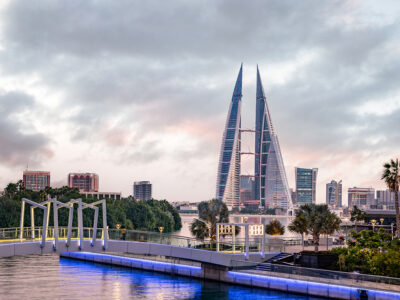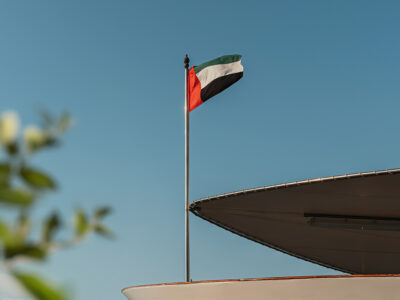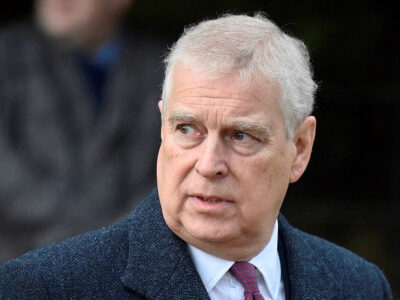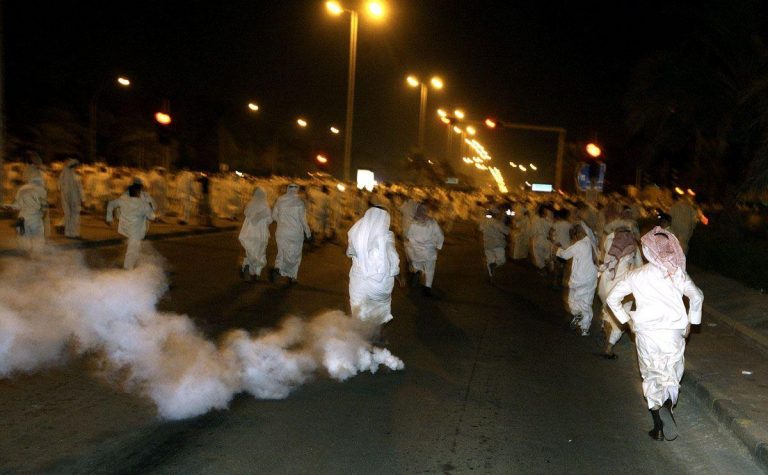A disparate collection of youth activists, Islamists and populist politicians has achieved rare unity in agreeing to boycott Kuwait parliamentary elections on December 1 but the real challenge to the loose coalition is still to come.
Political loyalties are ill-defined and can change as often as the parliament in Kuwait, which is holding its fifth election since mid-2006. All it takes to be part of the “opposition” in a country where political parties are banned is to show a willingness to confront the government.
“We always come across this problem, this issue of the definition,” said Ghanem al-Najjar, professor of political science at Kuwait University.
“When we talk about the opposition in Kuwait, it does not really mean the opposition in the real sense.”
While the current movement can certainly claim to the title and is holding together for now, there is little unanimity of purpose and a great deal of uncertainty over what to do next, both for fear of conflict with the ruling authorities and for what it might mean for the fragile unity of the group itself.
Protests that started in October were aimed at ruler Sheikh Sabah al-Ahmad al-Sabah’s decision to reduce the number of votes per citizen from four to one. Marches that took place outside a designated protest area were forcibly broken up by police using tear gas and coloured smoke.
Sheikh Sabah says his emergency decree, issued six weeks before the election, was meant to fix flaws in the electoral system for the sake of “security and stability” in the oil producer and US ally.
Critics say the new rules are an attempt to skew the election in favour of pro-government candidates; they say the four-vote system enabled candidates to form political allegiances during campaigns by recommending that supporters cast their additional ballots for their allies.
In the absence of parties, such alliances, which are often based on tribal ties, become crucial.
Apart from protesting against the new voting rules, activists have rallied against wider issues such as corruption, the accountability of government ministers and elected officials, a lack of infrastructure development, and broader reform demands. But there is far less unity on these topics.
One thing most youth protesters and opposition politicians agree on is that they do not seek an Arab Spring-style revolution, but reform.
“There are forces in the opposition which are seeking deeper political changes towards a [full] parliamentary system,” said writer and established activist Ahmed al-Deyain.
“Political reform is a main element for many of the opposition forces, but I cannot say that there is a consensus on this subject,” said Deyain, general coordinator of the National Front for the Protection of the Constitution, a pro-democracy group.
A youth protest group organised online has called for another march on the eve of the election under the slogan “The Nation’s Dignity”. But some opposition politicians are against more marches, and say that the election boycott is sufficient.
One of the world’s richest countries per capita, Kuwait is the Gulf Arab region’s most democratic state.
Parliament confirms governments, passes laws presented by the cabinet and oversees the performance of various ministries. Lawmakers also have the right to summon ministers for questioning over policies.
But the ultimate political and economic power is in the ruling family’s hands. The emir has the final say in state affairs and can veto laws and dissolve the assembly, and members of his family hold the top cabinet portfolios.
Over the past six years, tensions between parliament and government have intensified, leading to repeated dissolutions of the legislature and delays to economic reform and investment.
Those tensions came to a boil after elections in February when opposition MPs took roughly two-thirds of the 50 seats and formed a bloc.
The self-declared opposition politicians include moderate Islamists, some affiliated with the Muslim Brotherhood, and a handful of Salafi MPs, who adhere to Saudi Arabia’s austere version of Islam.
The bloc also included around five populist politicians, some of whom draw support from Kuwait’s powerful and generally more socially conservative tribes and who highlight issues such as wages and housing. One of these men is Musallam al-Barrak, a former MP arrested in October after making comments deemed critical of the emir at a protest rally.
As a bloc, the politicians lobbied against corruption and focussed on security, such as the length of police detentions or a plan to introduce the death penalty for blasphemy.
With the boycott, the politicians have gone further and joined with youth groups who include pro-democracy activists, moderate Islamists and supporters of the opposition MPs.
The youth, who have won the support from some of Kuwait’s influential academics and political commentators, are leading calls for reforms to the political system. Many want an elected prime minister, with top cabinet posts held by people outside of the ruling family. Like the MPs, they have rallied against corruption and criticised a lack of economic development.
Others have turned even on some opposition MPs, accusing them of using the parliament to their own benefit rather than pushing for political change.
With their leading role in the protest marches and their mobilisation of support through social media such as Twitter, the youth movement is becoming the more important opposition force, said Kuwait University professor of political science Shafeeq Ghabra.
“It has increasingly gained control of the Kuwaiti political scene and has clearly put pressure on parliament and the traditional opposition, which is more affected by the movement than affecting it,” he wrote in a piece carried by several Arabic language newspapers this month.
At a protest rally on November 12, young protesters expressed frustration that opposition politicians were not being more bold.
“We are here with more demands,” said electrical engineer Mazen al-Otabi, 26, as he walked away in disgust from a speech by an opposition politician.
The speaker was backing the boycott but pledging allegiance to the ruling authorities, which Otabi said was contradictory.
“How can we question the system like this?” he asked.
Some Gulf observers have suggested the Muslim Brotherhood has played a role in the conflict, pointing to its growing regional influence. Kuwait University’s Ghabra rejected this.
“The Muslim Brotherhood is not the movement’s engine… it is merely one of the many opposition forces,” he wrote. A group affiliated to the Brotherhood has been part of Kuwaiti political life for years.
The Arab Spring has given the existing opposition movement additional steam, however, Kuwait-based diplomats say, putting pressure on the ruling family to reform.
With the opposition MPs opting out on December 1, the incoming parliament will include many political neophytes, and it remains to be seen whether it will follow similar policies as its predecessor and challenge the government, or go along with the cabinet and risk being seen as a rubber stamp.
If the new MPs take up some of the opposition themes, this may have a calming effect, diplomats said. But an inexperienced assembly elected on a low turnout that shows no backbone may aggravate tensions on the street, they said.
The future of the opposition movement depends on whether there is a theme that can unite it after the election.
But the underlying dilemma remains: as long as the ban on political parties exists and the opposition does not have a policymaking role, it lacks the ability to come up with coherent and unified platforms, Kuwait University’s Najjar said.
“Every point, if you want to look deeper, you will see the same thing: differences over differences over differences,” he said.








